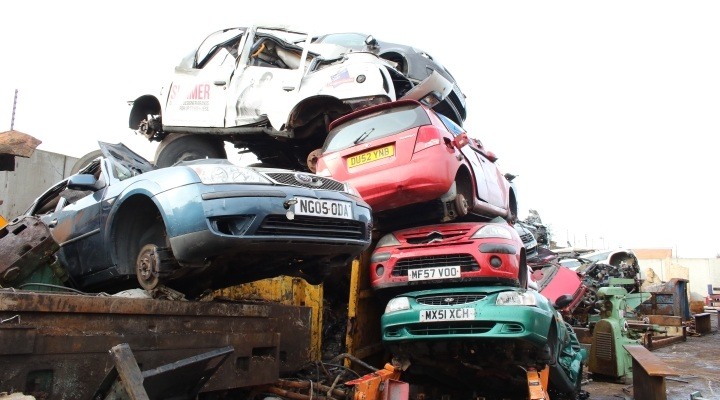Introduction
In today’s ever-evolving automotive landscape, the fate of a car doesn’t necessarily end when it stops running. Instead, it can pave the way for a new life in the world of scrap metal. The concept of scrap cars and their potential for recycling and repurposing has gained considerable traction in recent years. This article will delve into the realm of scrap car comparison between various scrap car options available to owners.
Understanding Scrap Cars
A scrap car refers to a vehicle that has reached the end of its usable life due to age, irreparable damage, or high maintenance costs. Instead of leaving it to rust away in a garage or disposing of it irresponsibly, owners can opt to sell it to scrap yards or recycling centers. These facilities dismantle the vehicles, salvaging usable parts and recycling the metal components.
Evaluating Scrap Car Value
Determining the value of a scrap car involves several factors. The weight of the vehicle’s metal, usually steel, plays a crucial role. The current market price of scrap metal influences the monetary return for the owner. Additionally, the condition of the vehicle and the availability of reusable parts contribute to its overall value.
Environmental Impact
The recycling process for scrap cars significantly reduces the environmental impact of automotive waste. Recycling metal reduces the need for new raw materials, conserves energy, and minimizes greenhouse gas emissions associated with mining and manufacturing new metals. Proper disposal of hazardous materials like fluids and batteries from these vehicles also prevents environmental pollution.
Comparing Scrap Car Options
-
Scrap Yards vs. Donating: Scrap yards typically offer payment based on the weight of the vehicle. Donating a scrap car to a charitable organization, on the other hand, allows for potential tax deductions while supporting a cause.
-
Private Sale vs. Scrap Yard: Selling a car privately might yield more money if the vehicle is in good condition or has reusable parts. However, a scrap yard provides a hassle-free solution, especially for non-functioning vehicles.
-
Scrap Car Services: Several specialized companies offer to pick up scrap cars for free, simplifying the process for owners who may not have the means to transport the vehicle themselves.
-
Online Scrap Car Buyers: Some online platforms specialize in buying scrap cars. These platforms streamline the selling process by offering quotes online and arranging for vehicle pick-up.
Making an Informed Decision
When considering scrapping a car, several factors come into play. Firstly, assess the condition of the vehicle and determine if it’s worth repairing or if its value lies in scrap. Then, research local scrap yards, recycling centers, or online services to understand the best available options. Additionally, explore any potential benefits from donating the car to charity for tax deductions.
Conclusion
Scrap cars represent more than just discarded vehicles; they offer a sustainable means of repurposing materials and reducing environmental impact. Owners of such vehicles have multiple options, from scrap yards to donation programs and specialized online services. Understanding the value of the scrap car and exploring the various comparison points allows for an informed decision-making process.
In essence, the journey of a car doesn’t conclude when it ceases to function. Instead, it opens doors to a new phase, contributing to the cycle of recycling and sustainability in the automotive industry.
Remember, each scrap car holds value, not just in metal and parts but in the opportunity to make an environmentally conscious choice and potentially support a cause through donation.
As you navigate the realm of scrap car disposal, weigh your options carefully and make a choice that aligns with both your financial interests and environmental ethics.
See our latest article by clicking here





